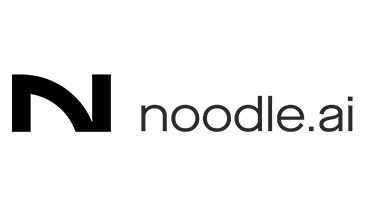Recent Projects

Cooper Standard engages with many startups, universities and suppliers. Check out some of our recent success stories.

Cooper Standard engages with many startups, universities and suppliers. Check out some of our recent success stories.

University
Partnering with Olsen Research Group in the MIT Department of Chemical Engineering we characterized the polymerization kinematics and rheological properties of Fortrex™, a new super-elastomer developed by Cooper Standard.

Seed Accelerator
Cooper Standard is a strong supporter of Techstars and has provided mentoring and pilot opportunities to many startups. Chris Couch, Senior Vice President and Chief Technology Officer, Cooper Standard and head of CS Open Innovation, was named a Techstars’ All-Star Mentor in 2019.

Startup
Cooper Standard partnered with noodle.ai, a leading provider of advanced Enterprise AI® applications and member of the Forbes A.I. 50, to develop predictive machine learning models for product quality for a rubber extrusion process. This work led to significant insights into the causes of product quality variability and enabled multiple manufacturing improvements due to AI-powered recommendations.

Startup
Cooper Standard and Uncountable developed an artificial intelligence platform to accelerate discovery of polymer compound formulations with superior properties, cutting compound development time by up to 80%. This proprietary software was nominated as a finalist for the 2019 Automotive News PACE Innovation Award.